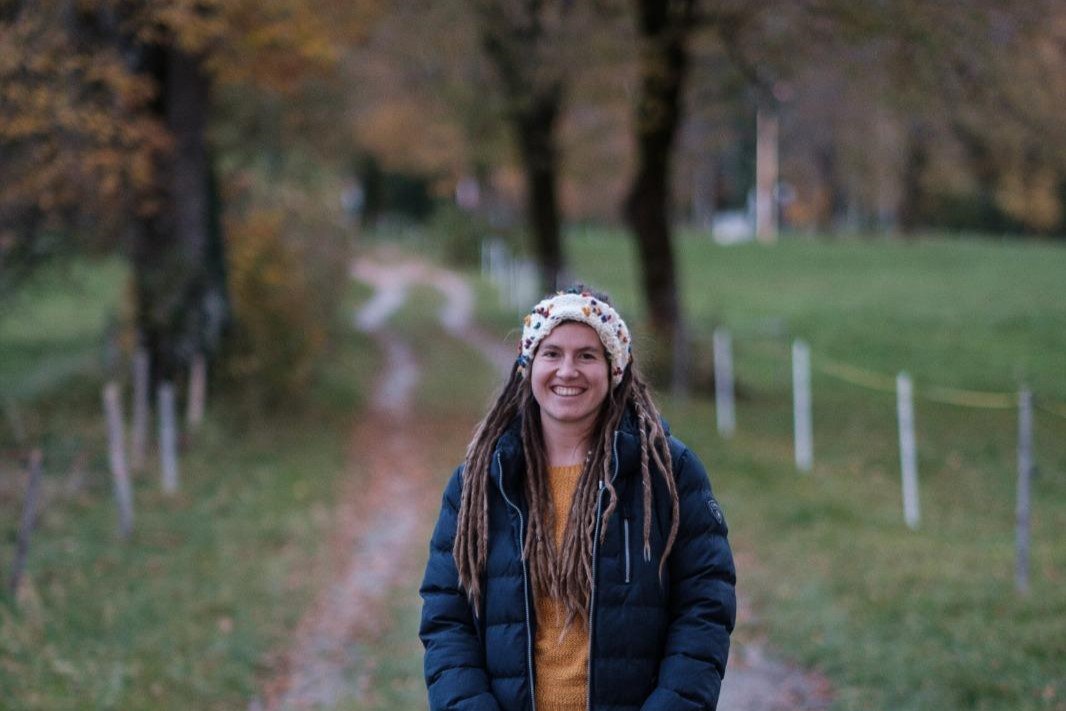News
Point of view: Mountains for everyone? Not a chance!

“Mountains are freedom”: our mountains, the Alps, are the great common good with free access rights for everyone. Here, in the open air, we are all equal.
Many would probably agree with this statement. Think back for a moment to your last mountain tour or your last overnight stay in a mountain hut. How many people were white? How many were able-bodied (not physically disabled) and able-minded (not mentally disabled)? How many had an academic background? How many were equipped with or dressed in popular outdoor brands? And how many were not? What sounds like a limitless experience of nature, fairness and equality is often less than adequate in reality. Access to the mountains and mountain sports is often unfair, exclusive, segregating and discriminatory.
This is because mountain sports are expensive: a two-day, self-organised hiking tour in the Bavarian Alps costs between €100 and €200, and even a day trip without a stop for refreshments can cost between €25 and €100.[1] This does not include equipment-intensive sports such as climbing or skiing. More favourable prices for the socially disadvantaged? Not a chance. Mountain sports are practised by people who can afford them financially – and, according to statistics, these are primarily people without a migration background.[2] Although there are inclusive and integrative offers for mountain sports[3], these are often time-limited or only available in urban centres because they depend on funding or infrastructure such as climbing gyms. In most cases, the offer depends on the commitment of individuals. Mountain sports are practised by people who are able-bodied and able-minded. Family access is also an important factor for participation in sports: the transfer of knowledge and motivation for mountain sports and nature conservation takes place primarily within the family. Statistically speaking, socially disadvantaged families in particular lack the connections necessary for mountain activities. Mountain sports are the preserve of those from socially privileged backgrounds.[4]
The “freedom of the mountains” is bounded by financial, social, logistical and educational barriers. As a result, participation in mountain sports often remains exclusive and discriminatory, especially for socially disadvantaged groups. For truly equal participation in mountain sports, we need more inclusive programmes, financial support, family education and the creation of access opportunities from childhood onwards. Only then will our encounters up in the mountains be as diverse as those down in the valley.
[1] Getting there: in Bavaria between €12 and €26 for a one-day train ticket (double for different arrival and departure days) and up to €30 for an overnight car parking ticket.
Equipment: used hiking boots from €50, rain jacket at least €30, hut sleeping bag €24.
Overnight stay incl. food: €64 (camping with half board, non-club member, Knorrhütte refuge: www.alpenverein-muenchen-oberland.de/huetten/alpenvereinshuetten/knorrhuette (de)
[2] www.destatis.de/DE/Themen/Gesellschaft-Umwelt/Bevoelkerung/Migration-Integration/Tabellen/migrationshintergrund-nettoeinkommen.html (de)
Ekamba, Raphael (2022): „Wenn du ein Schwarzer bist, bleibst du ein Schwarzer”: Rassismus und Integration auf dem Arbeitsmarkt. Bamberg: Otto-Friedrich-Universität. Online verfügbar unter https://fis.uni-bamberg.de/handle/uniba/54202
[4] Schmiade, N. & Mutz, M. (2012). Sportliche Eltern, sportliche Kinder – Die Sportbeteiligung von Vorschulkindern im Kontext sozialer Ungleichheit. Sportwissenschaft, 42, 115- 125. DOI: 10.1007/s12662-012-0239-7. Online verfügbar unter https://link.springer.com/article/10.1007/s12662-012-0239-7 (de)

